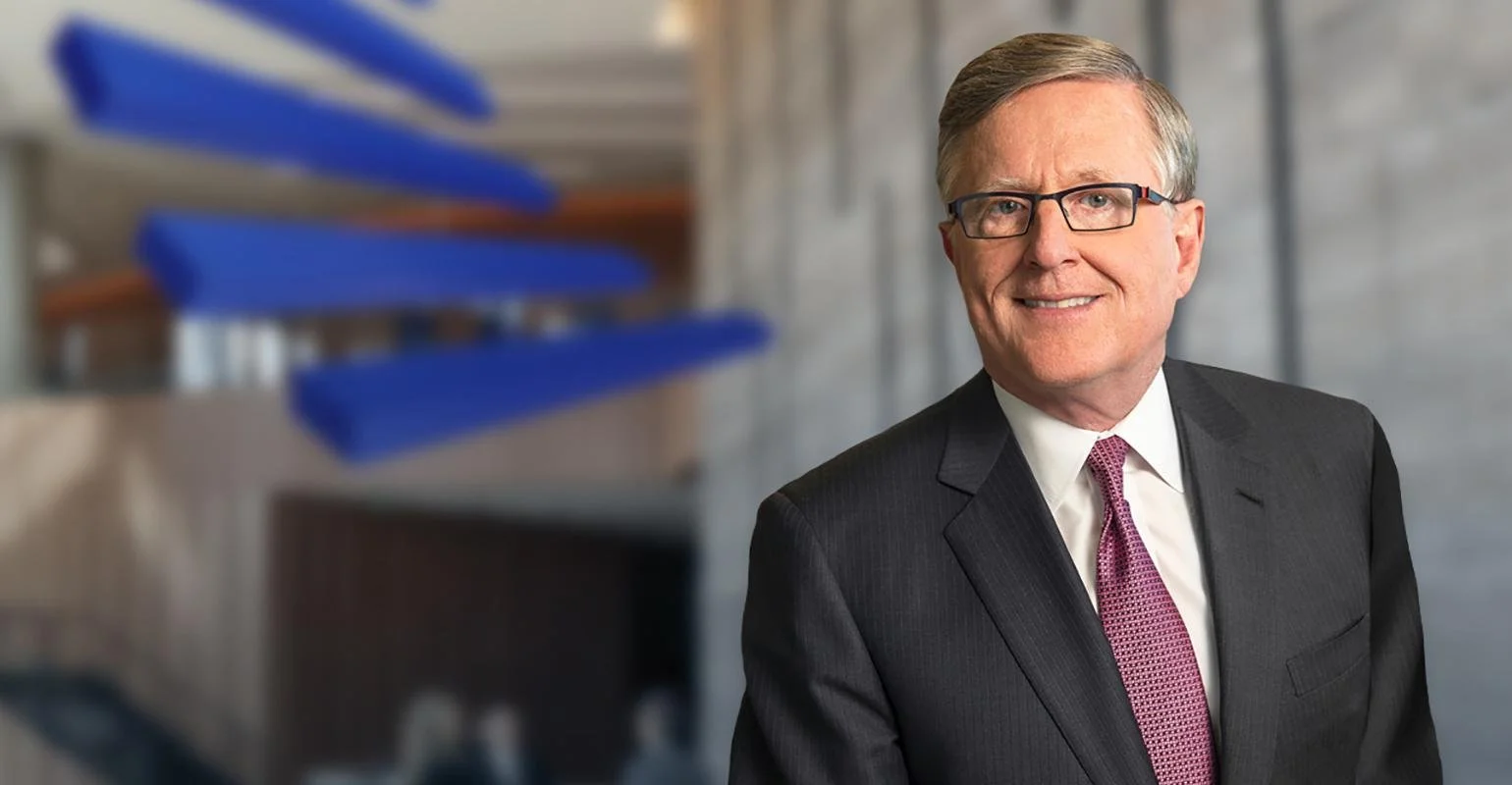The Private Office Blog

Anticipated Joy vs. Anticipated Regret. By Ben Carlson.
Frank Rabinovich was a portfolio manager and technology specialist at bond giant PIMCO in the 1990s.
The way his colleagues treated him was a microcosm of the culture at the firm in its heyday.
Co-workers would douse him with bug spray, claiming he smelled bad. They cut off the bottom of his ties when they didn’t like the look of them. They tackled him relentlessly in games of touch football since he wasn’t as athletic as the other employees.

The Private Office Winter Update
We are pleased to enclose our Winter Update covering the period from April to June 2023.
With the global fight against inflation ushering in higher interest rates, the economic environment has remained challenging. Growth in most regions is currently slowing or even slightly negative.

If Investing Feels Exciting, You’re Probably Doing It Wrong. By Mary Ellen Cagnassola.
Investing can be fun. That doesn’t mean it should be.
Technology’s increasing role in investing has made dabbling in the market more accessible than ever. In 2021, 44% of investors used mobile apps to place trades, up from 30% in 2018, according to the Financial Industry Regulatory Authority’s investor education foundation. A substantial swath of new investors entered the market in recent years, platforms like TikTok and Instagram became forums for bragging about investing wins, and even high schoolers took to trading investing tips between classes. Investing newbies watched as meme stocks like GameStop and popular cryptos like dogecoin exploded in value.

The Three Pillars To A Happy Retirement. By James Gruber.
This is an edited transcript of an interview between Dr. Daniel Crosby and Dr. Michael Finke, Professor of Wealth Management at The American College of Financial Services, on the Standard Deviations podcast.
Dr. Daniel Crosby: I've read your writing on the three pillars of retirement satisfaction. Can you tell us what they are and spend a little time unpacking what can be done about the nonfinancial ones to help us prepare for the nonfinancial dimensions of retirement that I think are often overlooked?

Five Reasons To Hold Your Investment Nerve. By Duncan Burns.
Global financial markets have been volatile in recent times, for a whole range of reasons.
They include the overhangs of high inflation and interest rates around the world and their flow-on impacts to different economies. Then there’s the ongoing geopolitical tensions occurring in different parts of the world, primarily in Europe, Asia, and Africa, but also in the United States.

The Seeds Of A Downturn, and Opportunity. By Clay Smolinski.
There is a long-held pattern in markets:
Consumers and businesses become accustomed to prevailing interest rate conditions.
The situation changes, and then rates rise rapidly.
Interest rates hit a level that becomes restrictive, high enough to slow activity. Two signals that become restrictive are:
Activity in interest-rate-sensitive industries, such as housing and used car sales, contracts.
The yield curve (the difference between 10-year and six-month interest rates) turns negative.
From that point, when interest rates become restrictive, 12-18 months later, activity starts to contract, company profits start falling, layoffs rise, and stock prices tend to fall.
Historically, it has been worthwhile paying attention to when this interest rate pattern started unfolding - and we are seeing this same pattern unfolding today.

The Future is Always Normal. By David Andrew.
I write this article because of a conversation I had with a long-term client who was overwhelmed by the complexity of everything happening in the world. It was useful for me because it was a timely reminder that occasionally people feel out of their depth – perhaps a little out of control.
Humans gain comfort from the consistency and predictability of their everyday lives, and when something big happens, we tend to get uncomfortable. We accept change, but most change in the world occurs slowly. When it happens too fast, we are left feeling all topsy turvy.

Why the Stock Market Makes You Feel Bad All the Time. By Ben Carlson.
The last new all-time high for the S&P 500 was on January 3, 2022.
That means it’s been almost 450 days since we’ve experienced new highs in the stock market.
That feels like a long time.

When Headlines Worry You, Bank on Investment Principles
On Friday, March 10, regulators took control of Silicon Valley Bank as a run on the bank unfolded. Two days later, regulators took control of a second lender, Signature Bank. With increasing anxiety, many investors are eyeing their portfolios for exposure to these and other regional banks.

Why Investing in the S&P 500 Isn’t True Diversification. By Lisa Shalett.
During the past four months, investors have aggressively flocked to the biggest U.S. consumer-tech stocks for their perceived defensiveness, helping drive their lofty valuations even higher. In fact, the most highly valued public company in the U.S. today has a valuation greater than the entire U.K. stock market, and twice the size of Germany’s.

The Stock Market vs. Stocks in the Market. By David Booth.
The collapse of First Republic Bank is a harsh reminder that any stock can go to zero, no matter how established a company is, or how loyal and wealthy its customers are. The failure of what many considered to be a rock-solid regional bank should serve as powerful evidence of the importance of diversification, what I consider to be one of the first principles of investing.

12 Common Mistakes People Make With Money. By Jason Butler.
Charlie Munger is 97 years old and has been Warren Buffett’s business partner for five decades. Despite giving away vast amounts of his wealth, he is still worth nearly $2 billion.
One of the traits that has helped Munger become wealthy is his ability to learn from his mistakes, and also those made by others. Munger advises “I like people admitting they were complete stupid horses’ asses. I know I’ll perform better if I rub my nose in my mistakes. This is a wonderful trick to learn.”

What Makes You Happy. By Morgan Housel.
Ernest Shackleton’s ship, the Endurance, became stuck in Antarctic ice. Before long it was crushed, ruined.
Shackleton and his 27-man crew then spent 19 months – from January 1915 to August 1916 – rowing 800 miles to safety in tiny lifeboats, with nighttime temperatures hitting 10 degrees below zero.
They were constantly frozen, soaked, hungry, and sleep-deprived.

The Private Office - Autumn Update
We are pleased to enclose our Autumn Update covering the period from January to March 2023.
With Covid-19 increasingly becoming something we think of as happening in the past, a much greater focus internationally is on the post-Covid recovery. The major aspects of this are centred on the global fight against inflation and general economic resilience.

The Biggest No-Brainer Investment Right Now? By Ben Carlson.
A reader asks:
I manage my investment portfolio, largely with a very boring mix of three funds: U.S. index fund, international index fund and a total bond fund. Looking at the yield on my bond index fund, it looks like I may be able to get I better yield in a money market fund. Is there any reason to keep my bond allocation where it is rather than moving it into a money market fund?
I love the 3 fund index portfolio. Simple, diversified, low-cost. I’m a fan.

What’s Your True Net Worth? By David Booth.
Many apps today claim to instantly calculate your net worth by adding up your banking and investment accounts and then deducting what you owe on your credit cards and mortgage. But in my mind, that number reflects wealth. Worth is more complex. Because I believe that if you make life better for someone else, then you’re worth something. That’s true in business, and it’s true in life. My parents never made a lot of money, but they were worth a lot.

11 Things The SVB Collapse Tells Us About Investor Behaviour. By Joe Wiggins.
Before you stop reading, I promise this is not another explainer about the SVB collapse. While (too) much ink has been spilled detailing the failure of SVB; it is often useful to take a step back from tumultuous market events and consider our own behaviour. What happens to us during such stressful periods and what does it tell us about how we deal with investment risk?

One of the Biggest Mistakes in Investing. By Ben Carlson.
There are many different ways to succeed as an investor.
If there were only one approach that worked, everyone would do that.
I know plenty of investors with completely different styles that have found success in the markets over the years.

The Happiness Paradox. By Ben Carlson.
John Marsden grew up in a wealthy family.
He was a brilliant student who went to Harvard, graduated from law school and eventually fulfilled his dream of becoming a successful lawyer.
John got married in his 30s and had children.
Leo DeMarco also went to Harvard where he dreamed of becoming a famous writer. But after college he became a high school teacher and loved working with his students so much that his dream never came true.

When It Comes To Markets, Better To Plan Than Predict. Featuring Gerard O’Reilly.
“Don’t focus on predicting what will happen, plan for what can happen,” Co-CEO and CIO Gerard O’Reilly said in a recent webcast. Rather than trying to predict what markets will do, investors should plan for a range of potential outcomes.
